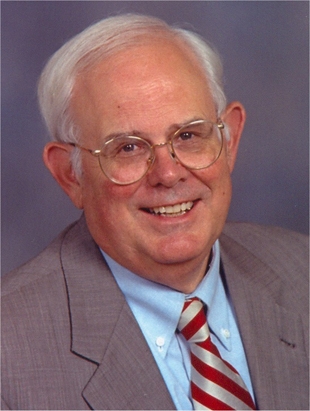A three-judge panel is currently tasked with interpreting one of our state's thorniest issues, namely who is in charge of public education. Is it to be the State Board of Education or the state Superintendent of Public Instruction?
North Carolina's public school governance is confusing. We have a State Board of Education, appointed by the Governor. The State Superintendent of Public Instruction is elected by statewide popular vote. Add to this mix the legislature that both funds and passes laws regarding public education. Then factor in the 115 Local Education Agencies or school districts across the state, each with a Superintendent and elected local Board of Education. Additionally, charter schools and private school vouchers have served to make the governance picture even cloudier.
Article IX, Section 4 of the North Carolina Constitution, revised in 1971, supposedly provided clarity to the governance issue. It says,
"The Superintendent of Public Instruction shall be the secretary and chief administrative officer of the State Board of Education. The State Board of Education shall supervise and administer the free public school system and the educational funds provided for its support.....and shall make all needed rules and regulations in relation thereto, subject to laws enacted by the General Assembly."
Instead of clarifying, this language raised many questions. Why go through the process of electing a statewide Superintendent when that person is merely the administrative arm of the State Board? Why shouldn't the State Board appoint the Superintendent, much as the UNC System Board of Governors and the State Community College Board, both of which appoint their presidents.
The courts have consistently upheld the State Board's overall authority, making the relationship between the Superintendent and the State Board of Education tenuous, especially when a Governor of one party appoints the Board and the Superintendent is of another political party.
Last December, the public school governance debate became even more contentious when the General Assembly, in special legislative session and with little or no discussion, attempted to strip many of the powers of the State Board of Education and vest them with the newly elected Superintendent. This struck many as curious because the new Superintendent was a Republican, as was the party in control of the State Board. Many suspected the hastily passed legislation was designed to rob incoming Governor Roy Cooper of power.
The Board determined that the legislation violated the Constitution and instigated a lawsuit, hoping the court would once again affirm its authority. But the current case hinges on a new issue the judges must interpret, namely the clause that says, "subject to laws enacted by the General Assembly." New Superintendent Mark Johnson contends that the legislature has the authority to modify the statutes regarding his office and department. The State Board maintains that legislators don't have the authority to change the Constitution without an amendment approved by the voters. Regardless of how the three judges decide the case it will likely be appealed.
We are well past the point where our Constitution needs revising to clarify, once and for all, who is in charge of public education. Until this happens we will continue to see these court cases, which serve as a distraction from the challenge of providing 1.5 million students the "sound basic education" dictated by that governing document.
Publisher's note: Tom Campbell is former assistant North Carolina State Treasurer and is creator/host of NC SPIN,
a weekly statewide television discussion of NC issues airing Sundays at 11:00 am on WITN-TV.
Contact Tom at NC Spin.


























